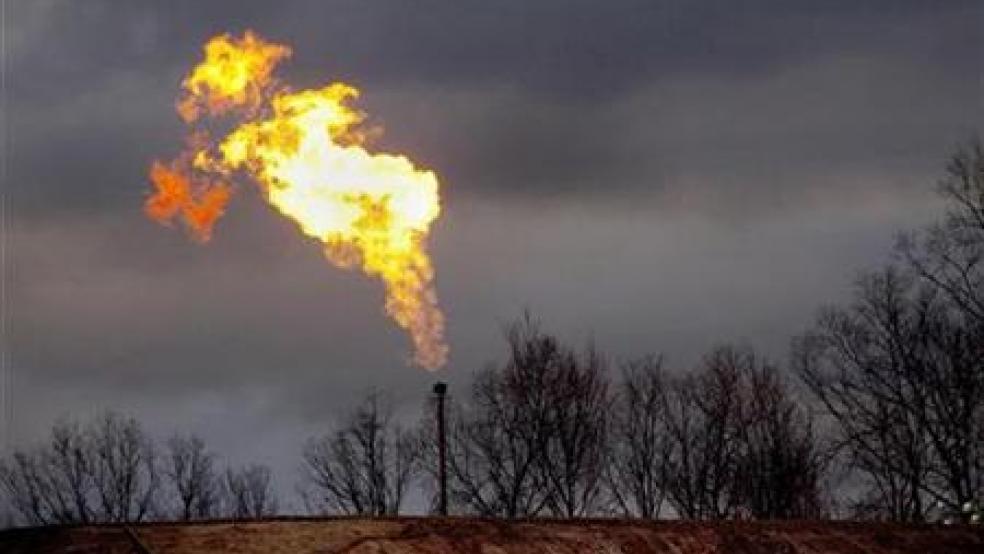WASHINGTON (Reuters) - The Obama administration unveiled long-awaited rules on Friday to bolster oversight on public lands of oil and natural gas drilling using fracking technology that has ushered in a boom in drilling but also triggered environmental protests.
Interior's proposal would update its decades-old fracking regulations with new reporting standards and a requirement that companies get approval before using the drilling technique. The proposal also would require companies to reveal chemicals they use in hydraulic fracturing after they complete the process.
In the past, drilling companies had resisted calls to fully disclose the chemicals they use in fracking, which they regarded as proprietary information. The industry also believes it should be regulated by states instead of the federal government.
But critics, who say fracking has polluted drinking water, want the federal government to tighten regulations, and say drillers should reveal their chemicals before they inject them underground along with water and sand in the fracking process.
Fracking has unlocked vast new reserves for the United States but has provoked an intense backlash from some environmental groups and some neighbors of drilling sites.
"As we continue to offer millions of acres of America's public lands for oil and gas development, it is critical that the public have full confidence that the right safety and environmental protections are in place," Interior Secretary Ken Salazar said in a statement.
The rules would not affect drilling on private land, where the bulk of shale exploration takes place. Still, the administration has said it hopes the rules could be used as a template for state regulators.
"Most shale plays are out of the reach of Interior," said Whitney Stanco, an analyst with the Guggenheim Washington Research Group.
A Guggenheim analysis found that only about 5 percent of shale wells drilling in the United States in the past decade were located on federal lands.
The Obama administration has walked a fine line on natural gas drilling, promoting the potential of the country's huge shale gas reserves, while stressing the need to ensure drilling is safe.
Interior estimated that its regulations would cost an annual average of about $11,833 per well to implement. The department will collect public input on the rules for 60 days, with plans to finalize the rules by the end of the year.
As proposed, the rules "will undoubtedly insert an unnecessary layer of rigidity into the permitting and development process," Independent Petroleum Association of America head Barry Russell said.
DISCLOSE WHEN?
Environmentalists and some lawmakers said the rules didn't go far enough.
Interior's proposal on disclosure differs from a draft of the rules that leaked to the media earlier this year, by mandating disclosure after fracking is completed.
"Requiring the information before the fracking occurred would have caused in our view delays that were not necessary," Salazar said on a conference call.
Democratic Congresswoman Diana DeGette, a vocal proponent of expanding fracking regulation, called the measure "seriously inadequate."
"We're all seeking common-sense solutions to ensure the safety of natural gas production, but with all due respect, requiring disclosure after fracking has already occurred seems less common-sense and more closing the door after the horse has left the barn,'" DeGette said in statement.
Some environmentalists said communities need to know what chemicals may be pumped into the ground before drilling happens, so water supplies can be monitored in real time, however.
"Unfortunately, these proposed rules from the Department of the Interior fall far short of what's needed to protect public health," said Jessica Ennis of Earthjustice.
(Reporting by Ayesha Rascoe; Editing by Dale Hudson, Gerald E. McCormick and Eric Beech)


